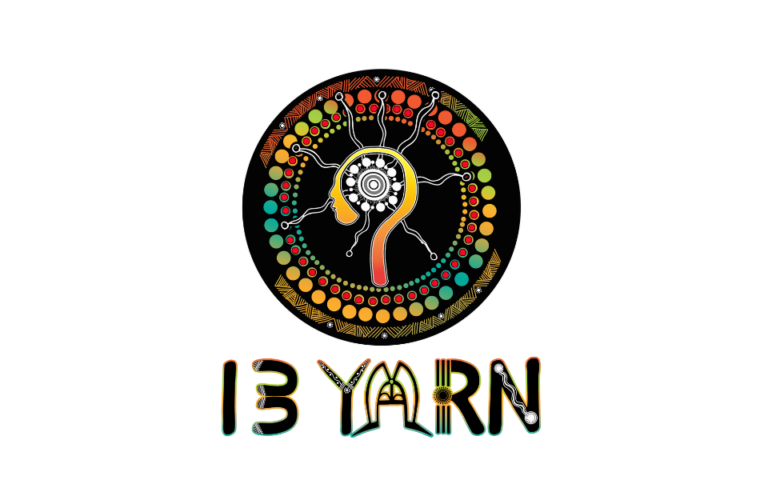A panic attack is an episode of intense anxiety and fear that causes physical symptoms. Panic attacks can be triggered by an event or happen out of the blue. Around 40% of the population will experience a panic attack at some point in their lifetime.
What does a panic attack feel like?
A panic attack can be very frightening, particularly if you don’t know what is happening to you. You may feel completely overwhelmed and are likely to experience some of the following symptoms:
- Accelerated heart rate
- Chills or excessive sweating
- Chest pain
- Trembling
- Shortness of breath or difficulty breathing
- Feeling light-headed or dizzy
- Numbness
- Stomach in knots or nausea
- Fear of dying or losing control
- Feelings of detachment.
When you have a panic attack, the symptoms feel very intense. A panic attack can last from a few minutes up to half an hour. The intensity of an attack usually peaks in ten minutes, and then it starts to subside. Once the panic attack is over, you may feel physically and emotionally exhausted.
The symptoms of a panic attack can feel like you are having a medical emergency such as a heart attack, asthma attack or stroke. If you are unsure what is causing your chest pain, call triple zero 000 to ask for an ambulance.
How to manage a panic attack
Self-help
There are ways you can help to manage and cope with your panic attack:
- Don’t tell yourself ‘stop panicking’.
- Do tell yourself that a panic attack isn’t life-threatening and it will pass.
- Try to slow your breathing – breathe in through your nose and breathe out through your mouth. If it helps, you can close your eyes and count to three on each in and out breath.
- As the panic subsides, focus on your surroundings, and try to return to what you did before.
Once you allow the symptoms to pass, you will likely gain more confidence in your ability to cope.
Professional help
If you are or think you are experiencing panic attacks, you should seek professional help. Your doctor will be able to guide you and check to see if your symptoms result from an illness (e.g. asthma, heart complaints or diabetes).
A psychologist can also help you to manage the attacks using treatments such as cognitive behaviour therapy. This type of therapy helps a person to identify and change thoughts and behaviours that lead to feelings of panic. Part of this therapy may also include self-monitoring and relaxation techniques.
What can cause a panic attack to happen?
Panic attacks can occur at any time. You may be in a calm state or already anxious when it happens.
The exact causes of a panic attack aren’t clear, but it may include:
- Ongoing stress
- A traumatic event that has caused acute stress
- Negative life experiences
- A physical illness or medical condition.
What is a panic disorder?
Recent data from the Australian Bureau of Statistics reported that 3.7% of Australians had a panic disorder over a 12-month period. Having a panic attack does not mean you have a panic disorder.
According to the Australian Psychological Society, for a diagnosis of panic disorder, a person must experience at least one unexpected panic attack followed by one month or more of ongoing concern about further attacks and/or changes in behaviour to prevent further attacks from happening.
If you are experiencing panic attacks, you can get help. Speak to your doctor or call one of our Suicide Call Back Service counsellors on 1300 659 467.
If it is an emergency dial 000.









